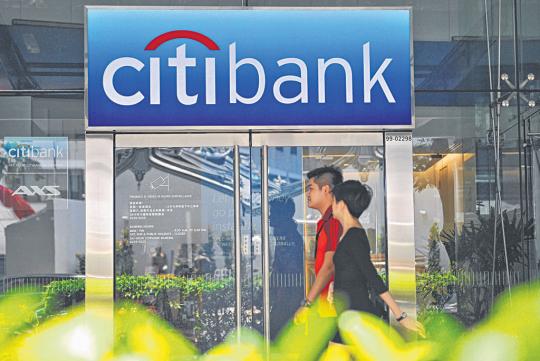Dealers have upper hand in vehicle-finance market with packages and freebies
Dealers have upper hand in vehicle-finance market with packages and freebies

Citibank's latest salvo in the car loans business might seem like a valiant attempt to rid the middlemen on behalf of the customer. But the drive could hit that proverbial wall, given the powerful influence that car dealers wield in the car loans market. In a week's time, the bank will offer in-principle approval for a car loan to customers, before they shop for a car. This deviates from the existing practice, under which car companies receive a commission from the bank in exchange for submitting a loan application on behalf of the car buyer.
Interest rates from Citi's latest offering start at 1.48 per cent, lower than the market rate, which typically has the value of the commission embedded. As a comparison, OCBC - a major player in the car loans market - is offering rates that start at 1.88 per cent per annum for new cars. And, like OCBC, the other two big financial institutions in this market, DBS and Hong Leong Finance, offer rates up to 2.6 per cent per annum, their websites showed.
Citi, with its 3 per cent market share, can afford to stir up the hornet's nest, though there's no doubt this direct-loan model was a considered move, given the year it took to implement.
It has argued that consumers should be offered more choices, as is already done with other services such as travel. So a car buyer can either take a bank loan that is more expensive but comes loaded with dealership freebies, or go with a no-frills direct loan, Peng Chun Hsien, head of secured finance and e-Business, Citi Singapore, told BT.
That's true, in theory. And such a disruption, even as Citi shied from the label, has already been attempted with car insurance with direct sales.
But dealers hold the upper hand when it comes to car loans. There's nothing to stop dealers from sewing up exclusive tie-ups with certain banks. BMW for one provides financing to its customers, but only through DBS.
While turning away buyers with direct-loan applications may be extreme, there's much dealers can do to discourage this. Dealership freebies, offered usually to buyers who sign up for the full package, are not to be scoffed at. These can include huge discounts on cars, and vehicle servicing, which add up to a bundle, car players say.
The car market is tough - curbs on financing have led the car-loan market to shrink to about S$9 billion as at August. Since June, the credit-card loan pool has exceeded that of loans for cars, some of which cost more than an HDB flat for a family of four.
Still, the general upward trend of car certificate of entitlement (COE) premiums since May suggests enough buyers, and more could be drawn in when premiums float lower in the coming months as more COEs are expected. So dealers can afford to shun direct-loan applications in favour of a buyer who would pay them a fee, note industry sources.
Also, there are other ways dealers can embed a lost commission into the overall car price, so consumers do not necessarily win even with direct-loan arrangements.
Citi acknowledged that its relationship with dealers will change from here on, though its existing dealership-partners have remained, for now. Other banks that are big players have stayed silent on the topic: one reading is they accept that the commission model is still the way to go.
The bigger question is whether this could prompt more transparency in the car market so consumers are more aware of the wheeling and dealing behind their purchases. But this may require more regulations and banks, regardless of where they stand on car loans, are unlikely to lead the charge in this respect.



1 Comment
Recommended Comments
Create an account or sign in to comment
You need to be a member in order to leave a comment
Create an account
Sign up for a new account in our community. It's easy!
Register a new accountSign in
Already have an account? Sign in here.
Sign In Now